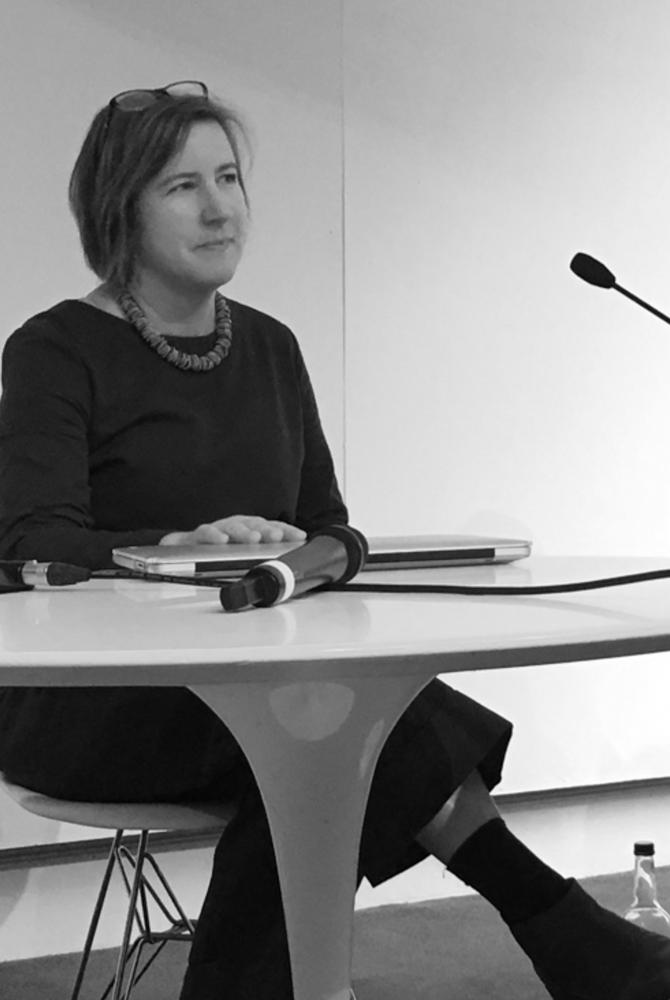Three fascinating projects from ECA researchers are among the recipients of awards from the Royal Society of Edinburgh (RSE).
The grants were made as part of the RSE’s spring Research Awards programme, which totals £680,000. Those made to ECA staff are listed below.
Professor Suzanne Ewing (Personal Chair of Architectural Criticism): RSE Small Research Grant
Work Experience: ways of remembering (a) working life asks how everyday working lives are recognised and remembered. What projects, people, places, experiences, ideas, or values are distilled as significant? Who by? How do these intersect with established educational, professional, cultural, institutional records? What are meaningful and creative ways of remembering work today?
An archive of intergenerational conversations that foreground women in architecture in Scotland (Voices of Experience dataset, 2016-2024) forms the project foundation. The long active lives of VoE participants reveal a range of conditions and varying scope of architectural work, from multi-disciplinary collaboration in regional planning, to publicly funded housing, to office management, to historic conservation, to modes of activism.
In Archifringe 2019, VoE invited eight conversation participants to contribute an artefact that represented their working life for an exhibition in Glasgow (Ewing, 2024, VoE Conversations 1-10). A gathered public conversation with the participants (Ewing, 2022 VoE Event 4) was documented but there is no synthesised or contextualised publication relating to this activity. Work Experience aims to build from this.
An exhibition in June 2025 will comprise a series of archive boxes, each containing an artefact selected by a retired or near-retirement professional to represent an aspect of their working life, accompanied by the participant’s explanatory caption. A public conversation event with international discussants will be held, with documentation added to DataShare VoE collection and the Women Make Cities platform. An essay and book proposal will explore the context further.
Dr Megan McNamee (Lecturer in Pre-Modern Art, 500–1500), with collaborators Dr Jamie Forde (Lecturer in Pre-Modern Art), and Dr Halle O’Neal (Reader in Japanese Art): RSE Research Collaboration Grant
The Concertina-Fold Book across Time, Space and Cultures will establish an international network of conservators, curators and academics dedicated to the study, display and care of concertina-fold books across traditional disciplinary and institutional bounds.
Although now seen as novelties, concertina-fold books were once found worldwide. They were even the predominant or sole bookform in some places, before the spread of the codex format most familiar to us now (ie. a book comprising a stack of papers bound along the side).
Network participants will pool and expand their understanding of concertinas through virtual workshops, and in-person object study days where – for the first time – examples from different cultures will be examined side-by-side and considered comparatively.
The project will culminate in a public symposium to share findings with broader audiences. Outputs, some beyond the scope of this grant, include an edited volume, templates for cataloguing concertinas and guides for their physical and digital preservation.
Dr Nikki Moran (Senior Lecturer in Music): RSE Personal Research Fellowship
Reimagining musical accompaniment: Relating in life and art. Accompanying and being accompanied are crucial musicianship skills, but this topic is rarely the focus of musicological inquiry.
When we think about what musical accompaniment really is, we see that it can’t be reduced to technical, formal or stylistic factors. We find it in relationships: in the second-person, interpersonal sense of being well listened to. In music, accompaniment is highly situated and technically specialised. But music – when we play it and also when we listen to it – is a highly responsive form of creative expression. Responsiveness in music relies on knowledge and skills that reflect the same ones we need in daily life to underpin human relationships.
This research project is all about highlighting this relational quality of creative expression, and explaining the value to both individuals and communities of accessing such experiences through life-long opportunities for musical participation.
It will explore accompaniment through case studies with elite collaborative musicians – classical pianists, but also backing vocalists, and session drummers. These case studies will help to explain the relational knowledge and skills that are so refined in musical expression. They will be shared as part of the book which Nikki Moran will write through the support of this Fellowship.







